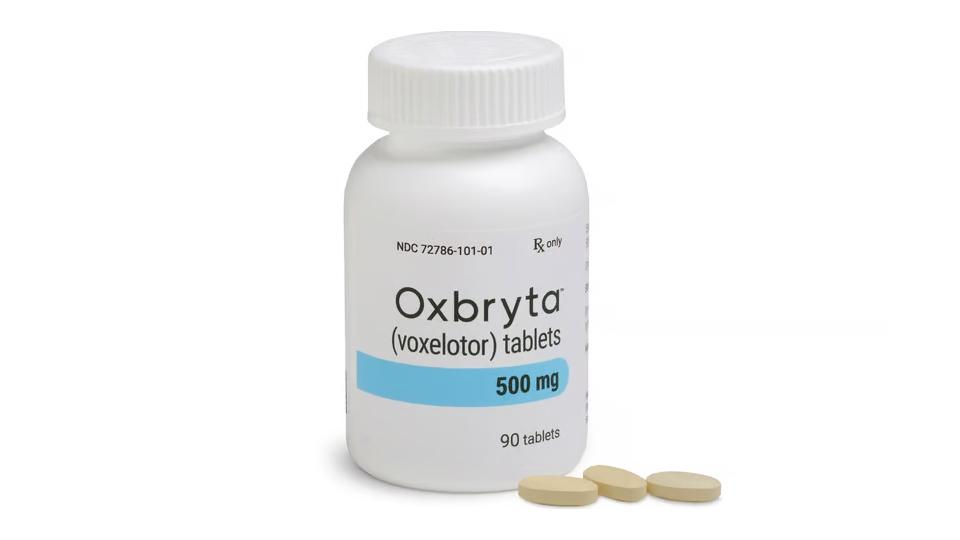AZ/MSD’s Lynparza sees positive results in prostate cancer

AstraZeneca and MSD have announced positive phase III results for their PARP inhibitor Lynparza (olaparib) in metastatic castration-resistant prostate cancer (mCRPC).
The PROfound trial met its primary endpoint, demonstrating a statistically-significant and clinically-meaningful improvement in radiographic progression-free survival with the drugs enzalutamide or Zytiga (abiraterone acetate) in patients with BRCA1/2 or ATM gene mutations.
“For men with mCRPC the disease remains deadly, especially in those who have failed on a new hormonal anticancer treatment,” said José Baselga, AZ’s executive vice president, oncology R&D. “This trial is the only positive Phase III trial of any PARP inhibitor in mCRPC, where the need for new, effective therapies is high. The PROfound trial also demonstrates the potential value of genomic testing in this at-risk patient population.”
AstraZeneca and MSD say that they plan to present the full data at a forthcoming medical meeting.
Meanwhile another trial, PROpel, is testing the drug as a first line therapy in combination with Zytiga for mCRPC.
The drug is also approved for use in ovarian and breast cancer, and has also recently shown promise in pancreatic cancer.
Lynparza is a poly (ADP-ribose) polymerase (PARP) inhibitor that works by preventing this protein in cancer cells from repairing damaged DNA in patients with BRCA mutations.
This causes cancer cells to die but does not affect healthy cells, which are not reliant on the PARP protein to survive.
The drug has been the trailblazer for this class of medicines, which evidence suggests can be used in a wide range of cancers as long as certain mutations are present.
Lynparza also has the benefit of being an oral medicine, making it convenient for patients to take and meaning healthcare professionals don’t have to worry about organising or administering regular injections at clinics.
In June expert Mary-Ellen Taplin, of the Dana Farber Cancer Institute, praised the design of the study in an analysis and was supportive of olaparib’s potential in prostate cancer.
But she did raise an issue about how this drug could be used in a real-life setting: selecting patients with mutations that are most likely to respond could be tricky.
“The experience provided warns that identifying appropriate patients within routine clinical practice will be challenging and will require repeated testing,” she said.
This could prove a difficult technical challenge – but the data has so far been well received by clinicians.












